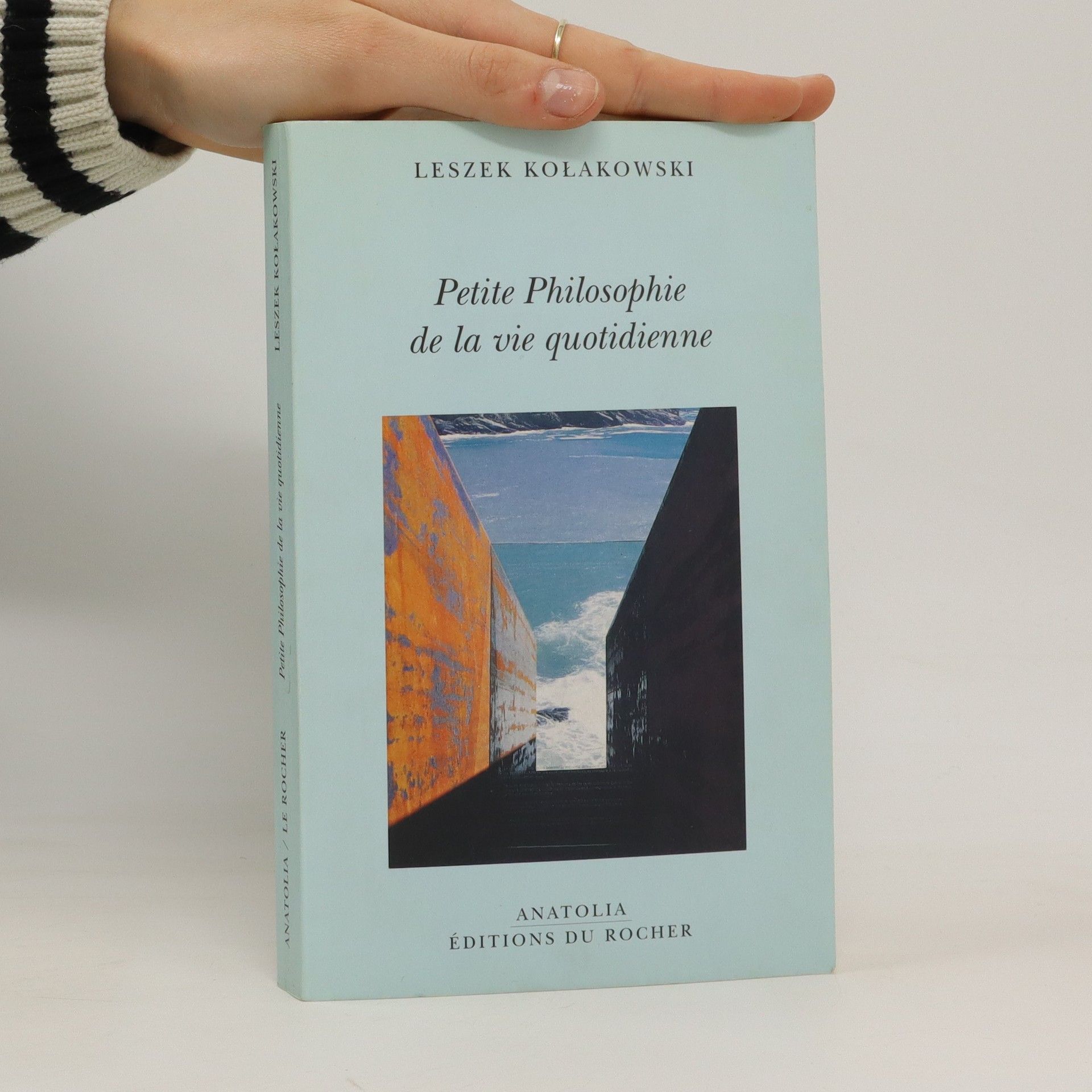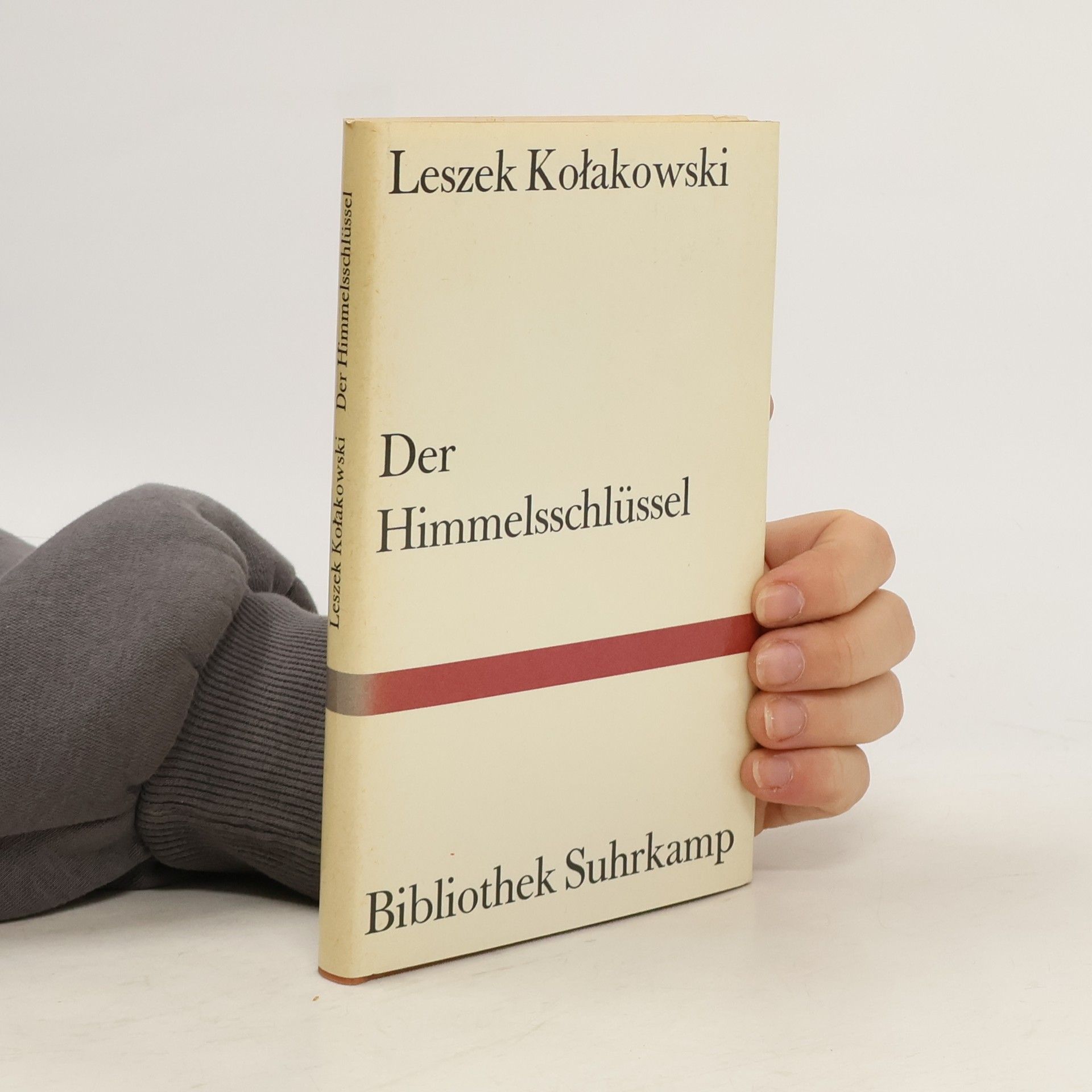Petite Philosophie de la vie quotidienne
- 206pages
- 8 heures de lecture
Dans Petite Philosophie de la vie quotidienne, l'auteur d'Eloge de l'incohérence se livre, en une série de petits chapitres profonds et amusants, à un tour d'horizon des questions essentielles qui se posent à l'homme, et tente d'y apporter quelques réponses possibles et utiles. Comment percevons-nous les idées de pouvoir, de gloire, d'égalité, de mensonge ? Qu'en tendons-nous par " respect de la nature " et " responsabilité collective " ? Comment comprendre les termes " tolérance, trahison, liberté " ? Chaque question abordée dans ce livre est mise à l'épreuve par Kolakowski qui, avec rigueur et honnêteté, loin des niaiseries bigotes du " politiquement correct ", bouscule allègrement l'ordre établi du " prêt-à-penser " et nous fait redécouvrir avec bonheur la vertu oubliée du scepticisme. Devant la complexité des problèmes auxquels nous devons faire face, l'auteur en conclut que nous n'avons peut-être d'autre choix que celui de rester modeste et de savoir nous moquer de nous-mêmes et de nos propres convictions. Comme il l'écrivait dans L'Horreur métaphysique : " Un philosophe moderne qui n'aurait jamais éprouvé le sentiment d'être un charlatan est un esprit tellement misérable que son travail ne mérite même pas d'être lu. "





